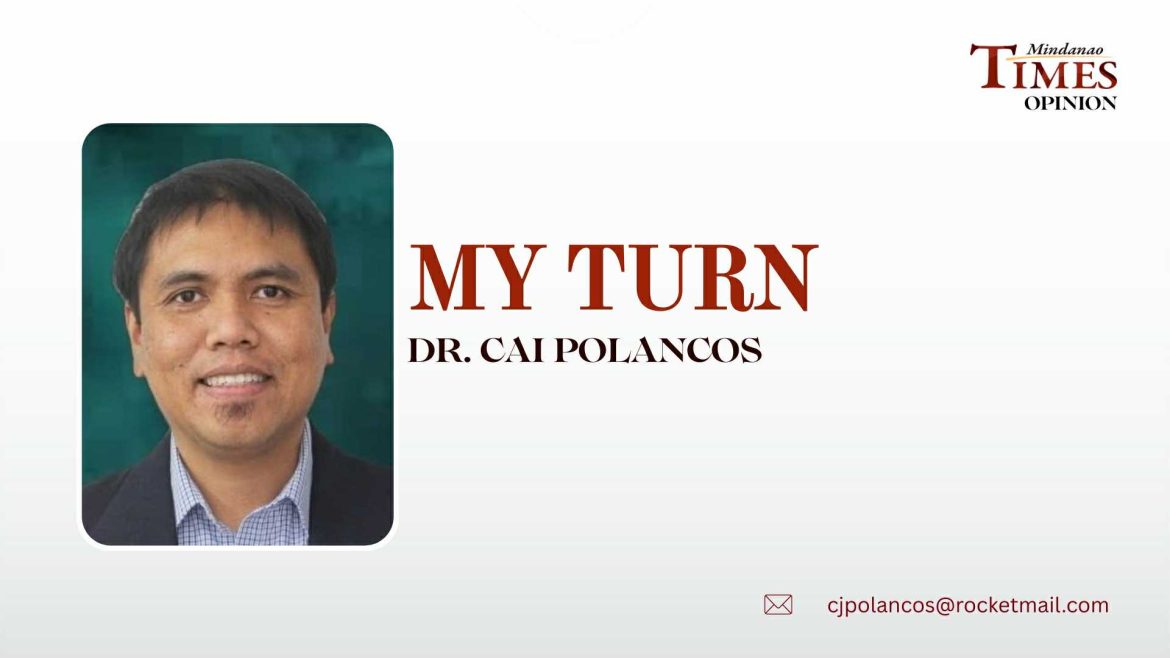THE PHILIPPINE business community has taken a staggering blow, with nearly ₱1.7 trillion in stock market value erased in just weeks — a loss directly tied to governance scandals and eroding investor confidence.
Corruption in major infrastructure projects, especially the flood control scam, has shattered the perception of accountability that underpins a healthy economy. This is not merely a market fluctuation; it is a crisis of trust — the very currency that drives investments, growth, and innovation.
When government officials are implicated in systemic anomalies yet remain unpunished, it signals to global markets that integrity is negotiable. Investors, both local and foreign, read these events as red flags: not of economic weakness, but of political decay and policy paralysis.
The Philippine peso’s slide and the exodus of foreign funds are not coincidences; they are symptoms of deeper institutional rot. Every business that stays silent amid this collapse becomes complicit in normalizing corruption as the cost of doing business. This is the moment for the private sector to rediscover its collective voice — not just to protect profit margins, but to defend the rule of law that sustains all enterprise.
Corporate leaders must call for transparent investigations, reforms in procurement and auditing, and protection for whistleblowers.
Silence will only embolden the corrupt; speaking out can restore confidence and signal that business will no longer tolerate systemic theft. Good governance is not a political preference — it is an economic necessity.
A trillion pesos lost is not just market value; it is the loss of trust, opportunity, and future growth. Rebuilding that trust requires moral courage from both public officials and private executives.
Businesses have the resources, influence, and moral obligation to demand integrity at the top levels of government. If the private sector remains passive, it risks operating in a country where corruption becomes the only predictable policy — and that is the surest way to national decline.
—————————————————————————————
Dr. Cai Polancos is a dedicated special needs educator and adjunct professor, passionately advocating for inclusive education and the empowerment of learners with diverse abilities. A reflective introvert and budding writer, he combines faith, creativity, and compassion in his service. Connect with me at X @drcaipolancos



